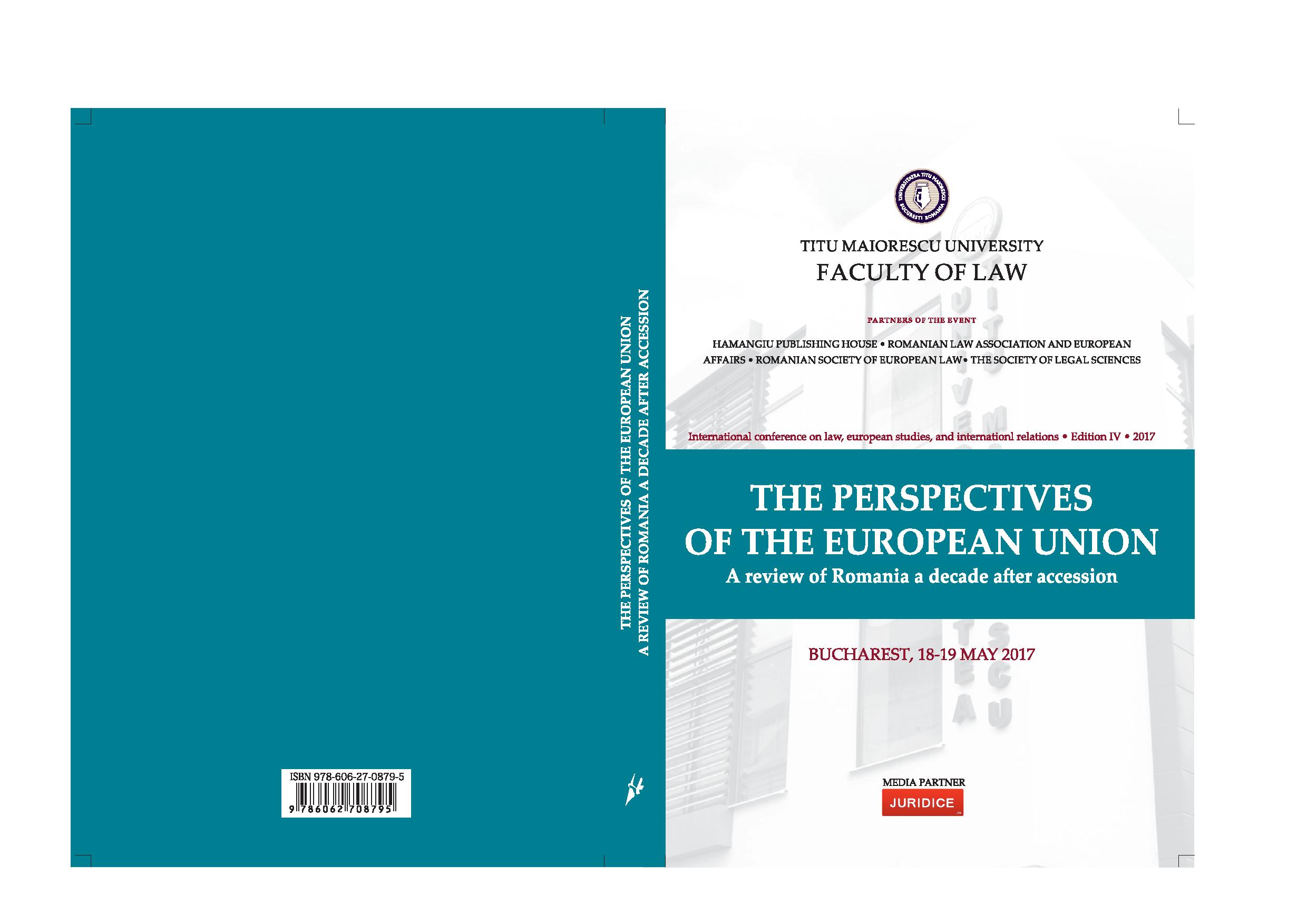Freedom of conscience and the religious
regime in Romania. Comparative analysis
between the Romanian constitutional purviews that have been enacted in the XXth century
Freedom of conscience and the religious
regime in Romania. Comparative analysis
between the Romanian constitutional purviews that have been enacted in the XXth century
Author(s): Cosmin-Ionuţ TudorSubject(s): Canon Law / Church Law
Published by: Editura Hamangiu S.R.L.
Keywords: Freedom of religions; democratic society; Constitution; Romanian freedom of conscience; Church organisation;
Summary/Abstract: In a democratic society, the freedom of conscience and the religious affairs organization are two of the most important coordinates that the Constitution of a country must regulate. In 20thcentury, Romanian society reflected a political and ideological instability. This instability was translated into Romanian legislation and also regarding freedom of religion and conscience. In the present study, we identify three major periods which reflected the religious freedom and regime regulating religious affairs. First is the political regime of monarchy, when the freedom of religion and cults organization began to take shape in Romanian legislative mentality. Secondly, we identify the communist regime period, which was identified by restriction and limitation of religion freedom. This was a period of regression for Romanian democratic affirmation of freedom of conscience and religion. Finally, beginning with 1990, we talk about a third historical period, which is identified with a recovery in terms of freedom of religion and the cults affairs.
Journal: Conferința Internațională de Drept, Studii Europene și Relații Internaționale
- Issue Year: V/2017
- Issue No: V
- Page Range: 283-298
- Page Count: 16
- Language: English

